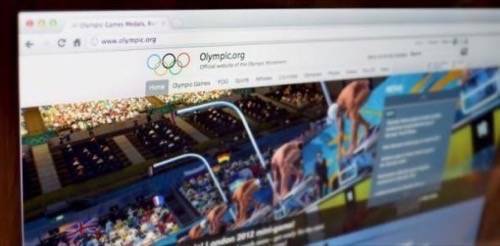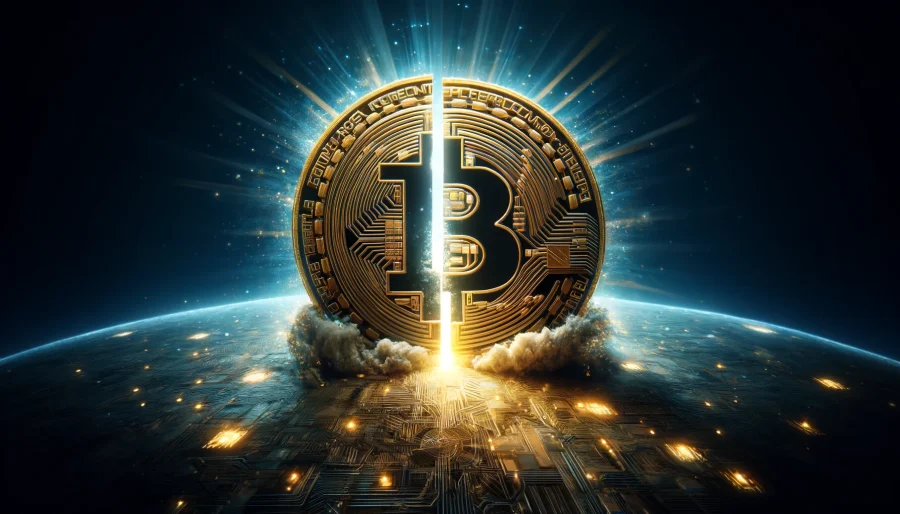
As the 2012 Summer Olympics commenced, it seemed the most heated rivalry was not among the athletes but between NBC and its viewers. The broadcast network, which paid $1.18 billion for the right to air the games, seemed to have its streaming strategy sewn up. But a series of decisions about digital distribution did not sit well with U.S. viewers, who drowned NBC’s Olympics coverage in a deluge of complaints.
By delaying the broadcast of key events by five hours and requiring a cable subscription to view them online, NBC managed to rile up quite a few of its U.S.-based viewers, a growing number of whom are accustomed to watching TV on the Web and mobile devices. (Meanwhile, thanks to the BBC, UK citizens could watch the games live – or stream them online for free – and, quite naturally, tweet about them.) The frustration was compounded by on-air gaffes by NBC anchors, Web streaming glitches, and the curious decision to live-tweet events from an official NBC Twitter account, despite the fact that those events had not yet aired in the U.S.
By Monday afternoon, the Web was littered with furious commentary, a viral, anti-NBC hashtag and a fake Twitter account mocking the network to its more than 17,000 followers. So how exactly did a major broadcaster turn such a momentous occasion into a PR debacle? Here are NBC’s top three mistakes:
1. Putting Advertisers Before Viewers . . . in 2012
To be fair, delaying broadcast of afternoon events until evening makes sense from a strictly financial perspective. Waiting until prime time helps nab more viewers and thus better ratings and more ad dollars. The network, which has struggled in the ratings for years, expects to lose $100 million from its Olympics broadcast. The most the company can hope for is to minimize its losses and use the occasion to promote its other programming, including the upcoming fall lineup. If the first weekend’s ratings are any indication, record numbers of people are tuning in, so the strategy appears to be working out so far.
While NBC is pleasing advertisers in the short run, it’s doing so at the expense of many of its viewers. That attitude may have flown a decade ago, but today those consumers have a much louder collective voice and, perhaps most crucially, other options.
“The problem for NBC as for other media is that it is trying to preserve old business models in a new reality,” media pundit Jeff Jarvis wrote for the Huffington Post. “To experiment with alternatives when billions are at stake is risky. But so is not experimenting and not learning when millions of your viewers can complain about you on Twitter.”
Jarvis, like many others, used VPN software (in his case, TunnelBear) to circumvent geographic restrictions on streaming the Olympics live from the BBC’s iPlayer platform. Meanwhile, Salesforce CEO Mark Benioff openly advocated watching pirated streams of the games in lieu of dealing with NBC’s restrictions.
“Think about that for a second,” wrote Ryan Lawler on Techcrunch. “You’ve got a titan of industry telling viewers to ignore the local broadcast rights and pay attention to an illegal copy of the event instead.”
2. Requiring a Cable Subscription For Web Access
As though the five-hour tape delay weren’t bad enough for U.S. viewers, NBC required an active subscription to a cable or satellite TV service as a precondition for watching its streams.
This isn’t a new concept. Some network TV apps have started requiring users to authenticate via cable account credentials, and there’s a nasty rumor that Hulu plans to do the same. But for many viewers, who are used to catching many network TV shows online, the fact that the Olympics wouldn’t be streamed online for free came as a rude awakening.
It’s worth bearing in mind that the Olympics are available over the air without a cable subscription if you’re watching them on TV. Limiting Web access to cable customers seems like a potshot in the cable industry’s ongoing war against the Internet-based TV alternatives that have grown so popular among consumers.
Moreover, NBC and the cable giant that owns it are blocking out additional eyeballs, which they could be monetized through advertising. Do they think this roadblock will inspire anybody to sign up for cable just so they can watch the games online? More likely than not, prospective audience membesrs will: (a) get annoyed and then (b) move on to a pirated stream or watch the BBC using a VPN client.
One of the more biting critiques of the cable requirement came from Heidi Moore, New York bureau chief of American Public Media’s Marketplace report. In the UK Guardian newspaper, she likened the move to “forcing an entire nation of viewers to give CPR to a corpse.”
3. Dropping the Ball on Social TV
As a live sporting event of global significance, the 2012 Summer Olympics should have been a milestone in the ongoing convergence of social media and TV. Instead, they have been marked by angry hashtags, mock Twitter accounts, and at least one journalist getting banned from Twitter for tweeting an NBC executive’s email address.
Perhaps the most glaring error on NBC’s part was its failure to anticipate the spoiler effect that Twitter would present and how annoying that would be for its viewers. In the 21st century, if a major event is being televised live, people are going to comment about it on the Internet in real time for the entire globe to read. NBC is well aware of this phenomenon. The network live-tweeted the opening ceremony, which it didn’t broadcast in the U.S. until several hours later!
If the network didn’t foresee that particular drawback, then maybe we shouldn’t expect it to have anticipated the ensuing blowback on Twitter. Or should we? The cord cutters and pro-new media stalwarts who would find both the tape delay and the cable authentication scheme most offensive might be a minority of U.S. viewers, but they are very well represented on Twitter. If decision makers at NBC weren’t aware of that fact intitially, they certainly are now.










